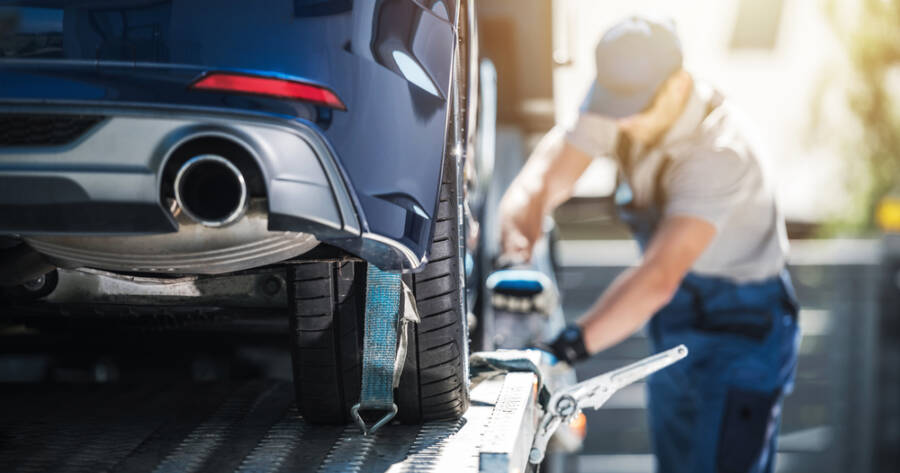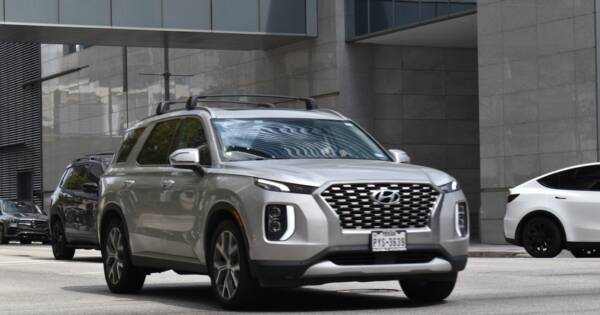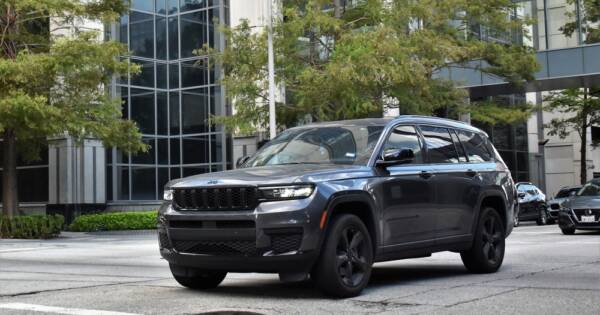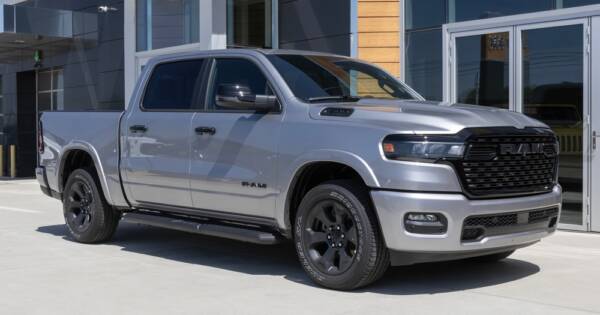Repossessed cars offer a unique opportunity for savvy buyers to secure a vehicle at a fraction of its market price. These vehicles are typically sold by banks or lending institutions looking to recoup their losses, creating potential bargains for consumers. With a wide range of makes and models available, buyers can find great deals while still ensuring quality. Understanding the benefits and considerations of purchasing a repossessed car can help you drive away with confidence and savings.
Why Repossessed Cars Are More Affordable
One of the main advantages of buying a repossessed car is the significant cost savings. When financial institutions reclaim vehicles due to loan defaults, their goal is to recover the outstanding debt as quickly as possible. This often means selling the car at auction or through a dealership at a lower price than traditional market rates.
As a result, buyers can find high-quality vehicles at prices far below those of new or even certified pre-owned cars. This affordability makes repossessed cars an appealing option for budget-conscious consumers looking to get more value for their money. With a little research and diligence, finding a reliable vehicle at a steep discount becomes a tangible possibility.
Diverse Selection and Availability
Repossessed cars come in all makes, models, and conditions, offering a broad selection for buyers. From luxury sedans to practical SUVs and economical hatchbacks, there is often a wide range of vehicles available to suit different needs and preferences. This variety allows consumers to compare options and potentially find models with upgraded features or low mileage that may not be as affordable otherwise.
The turnover in repossessed cars is frequent, which means new options are regularly available. For those willing to invest time in their search, there are ample opportunities to land a deal that aligns perfectly with their vehicle requirements and lifestyle.
What to Consider Before Buying
While repossessed cars can be a great deal, there are essential considerations to keep in mind. These vehicles may come “as is,” meaning potential buyers should carefully inspect them before purchasing. It’s advisable to have a trusted mechanic assess the car for any underlying mechanical issues that might not be immediately visible.
Additionally, check the vehicle’s history report for any accidents or repairs that could affect its value or performance. Understanding the terms of the sale is also crucial—auctions, for instance, may not offer warranties or return options. Taking these precautions ensures that buyers are fully informed and prepared when making their purchase.
Benefits Beyond the Price Tag
Beyond cost savings, buying a repossessed car often means faster transactions and fewer dealership markups. Since these sales are typically managed by financial institutions or auction houses, the process is usually straightforward and efficient.
Additionally, repossessed vehicles may come with unique advantages, such as pre-installed features or modifications at no additional cost. For buyers who want more flexibility in their budget, securing a less expensive car opens opportunities for further investments, like warranties or extended service plans. The financial and practical benefits combined make purchasing a repossessed car a compelling option for those who prioritize smart spending without sacrificing quality.
Learn More About Repossessed Cars
Repossessed cars offer an appealing blend of affordability, variety, and practicality for those looking to make a wise investment in their next vehicle. With significant cost savings and a diverse selection of models, buyers can find excellent deals that fit their needs. However, being mindful of essential checks and considerations ensures a smooth purchase process. By exploring this option, you can uncover the potential of driving a high-quality vehicle without stretching your budget.





